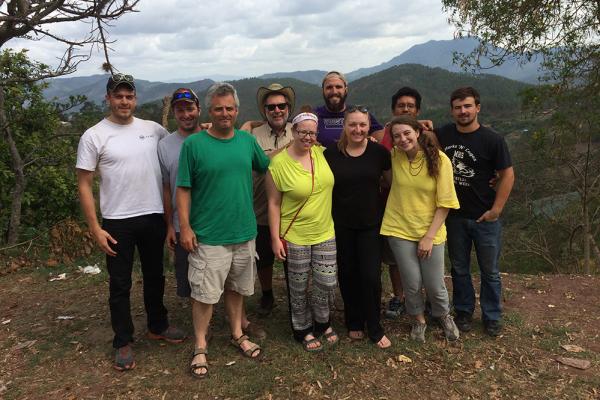Engineering courses announced for Spring 2021!

Virtual Guatemala Service-Learning – ENGR 5797.22S
Info Sessions:
Tuesday, October 13, 5 - 6 p.m
Monday, October 19, 6 - 7 p.m.
Overview: This program is designed to introduce and teach students the concepts of humanitarian engineering by utilizing proactive, meaningful, authentic, real-world, international engineering service-learning experiences. Students will work virtually with in-country partners and Mayan families to develop useful sustainable technologies in fields such as housing community planning, cultural planning, biogas and solar energy, healthcare, water, sanitation, agriculture, education, and economic development. Students will assess the needs, then research, design, develop, prototype and plan various engineering solutions to meet needs determined by the local communities. Student teams will evaluate the cost, sustainability and local ownership of the projects, as well as the entrepreneurial opportunities that could be developed as a result of the projects.
Virtual Honduras Sustainable Communities – ENGR 5797.24
Info Sessions:
Thursday, October 15, 12 – 1 p.m.
Tuesday, October 20, 4 – 5 p.m.
Overview: Students will have the opportunity to engage in international development efforts though blended teams of Zamorano University (Honduras) and Ohio State University students. Students will work collaboratively and remotely with the nonprofit Heart to Honduras to use problem solving mindsets to develop and support community-driven development initiatives related to rainwater harvesting and water management. Student teams will engage in active dialog with the rural community of Caliche via WhatsApp and indirectly via “video snippets” for answers to specific questions. Students will formulate and conduct interviews and focus groups and assess existing practices related to water systems. Teams will develop appropriate responses to the challenges identified through proposed solutions, modeling and developing prototypes. To help them appropriately engage with the design process, students will learn historical, societal and cultural aspects that help illuminate the rich context at the intersection of engineering and participatory, asset-based community development. This course is a unique opportunity to engage in international development efforts and experience working on a multi-cultural team.
